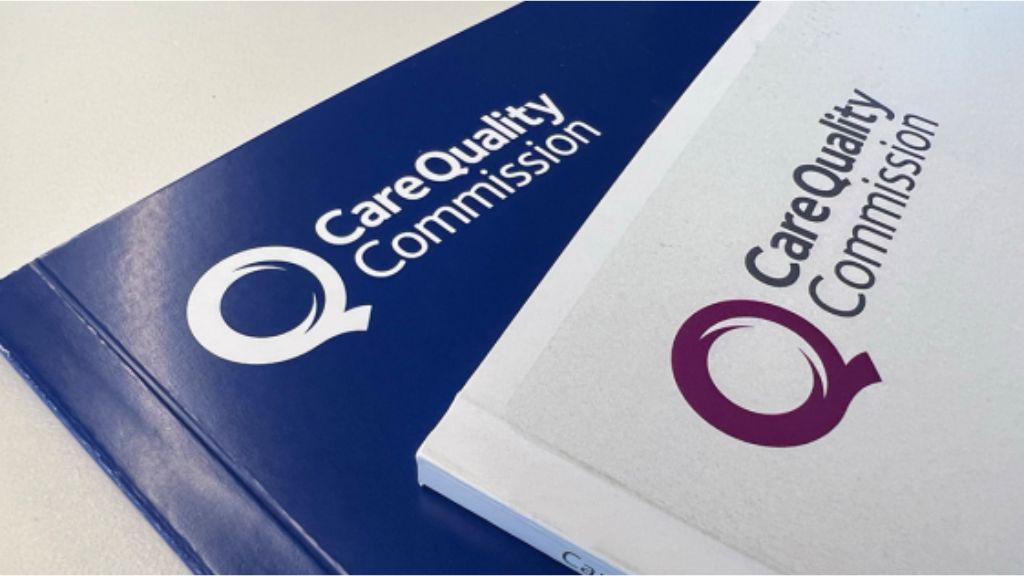NHS and social care workers plan to leave
Research has revealed 43% of health and social care workers are considering a job change due to the pressures of their current job, with nearly a fifth (16%) planning to leave the industry completely.
A study of more 1,000 health and social care workers, conducted by Florence, a shift platform for health and social care workers, found that almost a third of healthcare workers (28%) admit to feeling overwhelmed at least once a week, with 17% feeling burnt-out every day. 97% said the cost-of-living crisis has caused further stress or burnout among healthcare professionals.
It comes after more than half of healthcare workers (56%) admit to working more than two-to-three times a week over contracted hours, with 7% working overtime every day. Not having enough staff is causing the most pressure in their role (50%), followed by low pay (39%) and high workload (35%).
The study reveals nine in 10 (89%) NHS and social care workers state chronic staff shortages are affecting the quality of care. Three-quarters (76%) stated quality of care is already being “severely” impacted as high vacancy rates sweep across the industry.
85% of health and social care workers expecting waiting times to increase over the rest of this year, with health workers mostly expecting wait times to double this year (25%), while a further one in five (19%) expect times to more than double the current records.
The study shows that to reduce wait times, 30% believe the government needs to put an increased focus on recruitment on hiring, over a quarter (27%) are calling for the whole system to be overhauled, and over one-in-five (22%) feel the government needs to do encourage more people into the sector early on, for example, at school or college.
Fiona Millington, chief nurse at Florence said: “The biggest challenge for the industry at the moment is, without a doubt, staffing. There are more nurses leaving the industry than joining, at a time when the demand for nurses is increasing. The number of vacancies still sits above 105,000 and remains much higher than the overall unemployment rate. The lack of support on the ground is leading to mass burnout across the workforce, leading many to question their futures in the profession. The NHS is plugging vacancies with resources from other countries and areas, but it has become just a constant cycle of crisis management, without developing long term solutions to the problem.”
Dr Charles Armitage, former NHS doctor and chief executive and founder of Florence, added: “If you’ve got fewer people there on-shift to look after people, the quality of care decreases because the people that are there are overstretched, they’re trying to do too many things and are suffering from severe burnout. As a result, mistakes are made as they’re not able to just spend as much time with people and provide that really important patient-centred care.”



